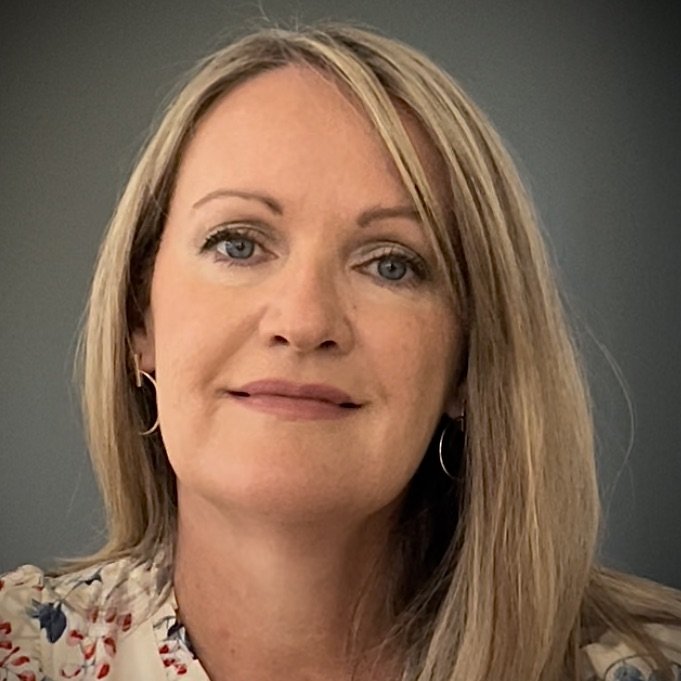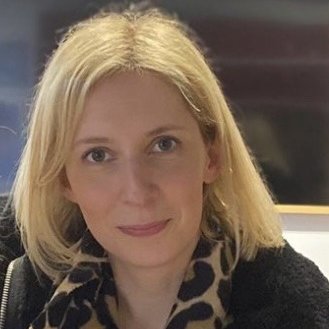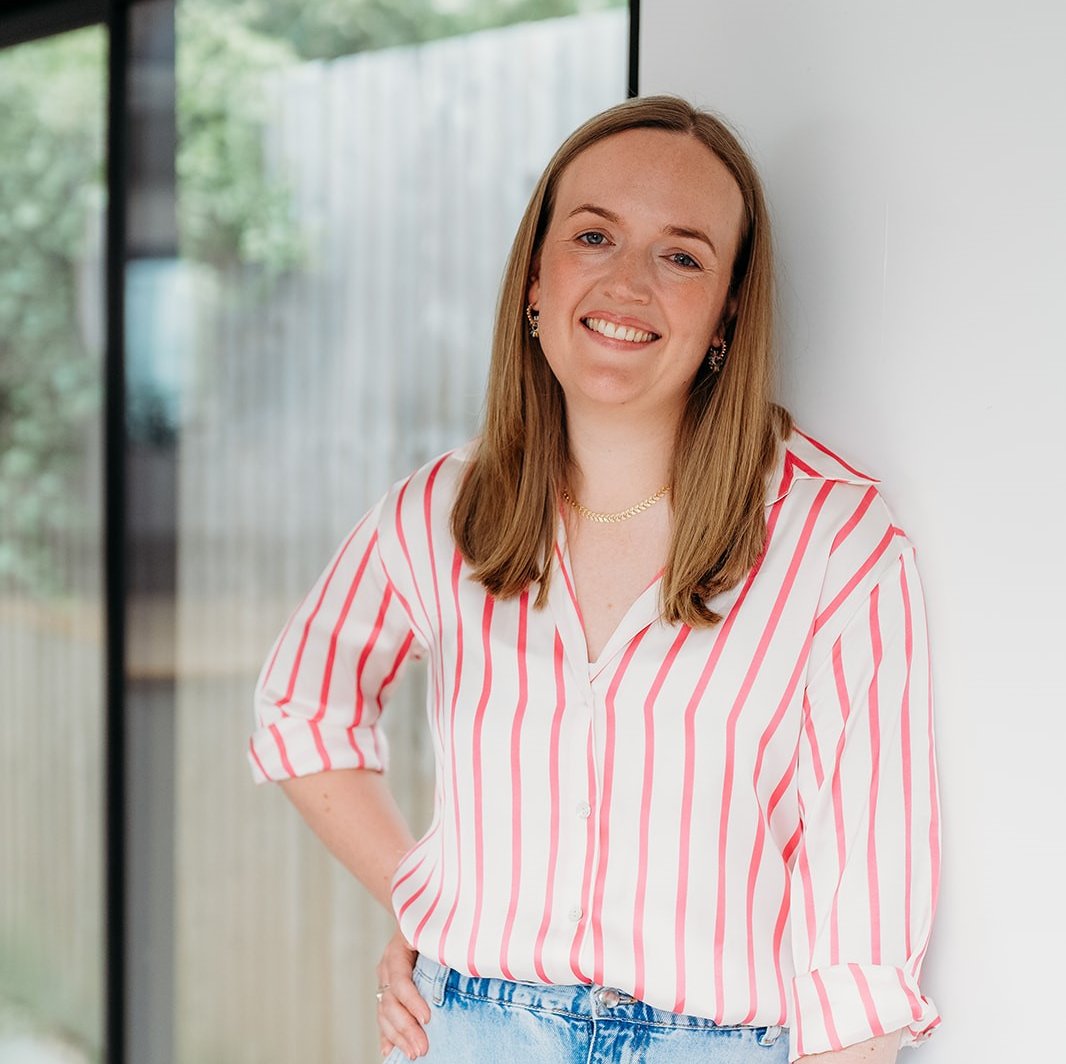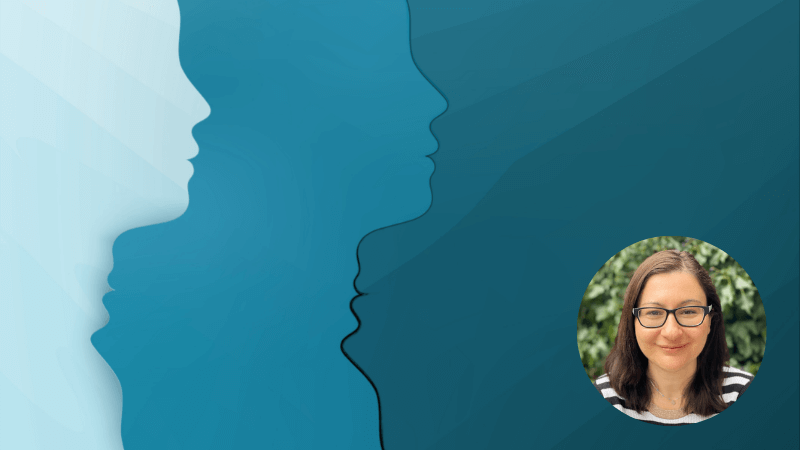By Maria Laskou, Humanistic Counsellor at The Eaves
What is bipolar disorder?
Bipolar disorder (previously known as manic-depression) is a life-long mental health condition which can affect an individual’s mood in extreme and, at times, distressing ways. Having a diagnosis of bipolar disorder means that one might experience:
- Episodes of mania, where they may feel unusually excited/elated but also irritable, agitated, very distracted and unable to concentrate, invincible, and overly-confident —as if they cannot be harmed. During these episodes, they may speak very quickly, sleep very little, do things which are out of character, be aggressive or rude, and engage in risky behaviour.
- Episodes of hypomania, which are similar to manic episodes but less severe. This means that the individual’s symptoms may be more manageable and they may be able to function at work and in social situations.
- Episodes of depression, where the individual may feel very tired, tearful, lacking confidence and lacking motivation to do things that they usually enjoy doing, hopeless and even suicidal. During these episodes they may withdraw from others, they may sleep/eat too little or too much, and they may be less physically active.
- Mixed episodes, where the individual may experience both depressive and manic or hypomanic symptoms at the same time, something that can be very difficult to handle and can feel very overwhelming.
- Psychotic symptoms, which can occur during severe episodes of mania or depression, and which can include experiencing of delusions and hallucinations.
There are different types of bipolar disorder. Depending on the individual’s unique experience of their symptoms/moods and their severity their doctor may diagnose them with:
- Bipolar I: if they have experienced at least one manic episode which lasted longer than a week, and depression.
- Bipolar II: If they have experienced at least one depressive episode and hypomania.
- Cyclothymia: if they have experienced both hypomanic and depressive mood states for at least 2 years, but their symptoms are not severe enough to meet the diagnostic criteria for Bipolar I or Bipolar II diagnosis.
Every individual is unique and can experience their mood states differently, but a lot of sufferers find that manic episodes can last between two weeks and four/five months, whilst depressive episodes can last longer.
What can help when having a bipolar disorder diagnosis?
According to the National Institute for Health and Care Excellence (NICE), bipolar disorder should be treated with a combination of psychiatric medication and talking therapies, with the aim to help the individual manage their symptoms and stabilise their mood.
Alongside medication, talking therapies can help the individual to gain a better understanding of their condition and to explore its meaning and impact on their everyday life. Therapy can also help the individual identify triggers and early signs of an upcoming episode, to examine ways/strategies that they could employ to take better care of themselves and to prevent future episodes. These could include among others: mood and trigger tracking, establishing a regular routine and reducing stress, having an adequate amount of sleep, developing healthy eating habits, exercising regularly and creating a support network of people with whom the individual can feel safe and valued.
Furthermore, the most important ingredient of any talking therapy is the establishment of a safe, warm and trusting therapeutic relationship in which the individual can feel truly heard and unconditionally accepted.
If you are diagnosed with bipolar disorder, remember:
- You are not your diagnosis
- You are not bipolar! You are a person with a bipolar disorder diagnosis.
- The bipolar diagnosis is part of you, it is not all of you.
- A bipolar disorder diagnosis is not a life-sentence.
- It can be a challenging diagnosis but it need not stop you from living a fulfilling life or from achieving your dreams when it is managed well.
At The Eaves, we have counsellors, psychotherapists and psychologists who are experienced in supporting those with bipolar disorder. If you are looking for someone to speak to, please contact the referrals team on 01483 917000 or send us an enquiry via our website.









